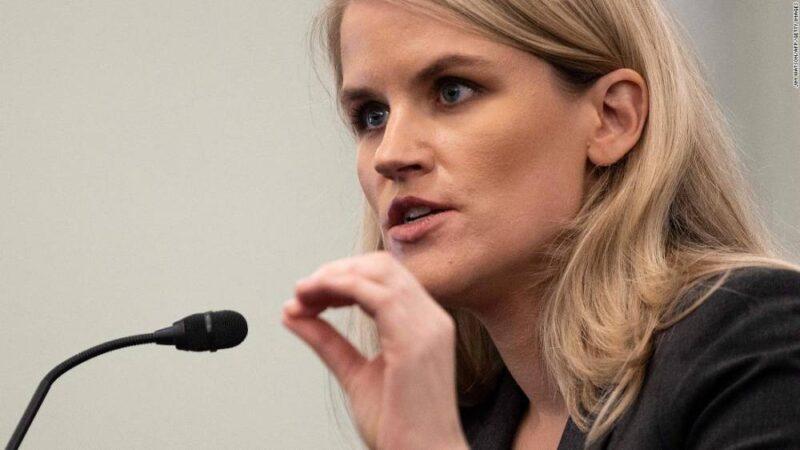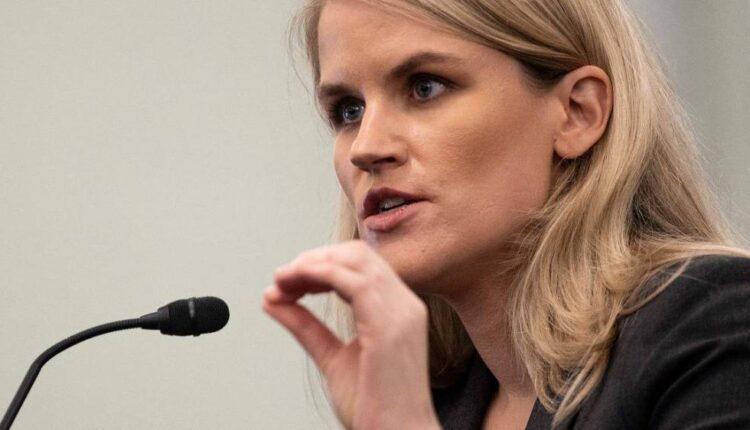(CNN Business)The Facebook whistleblower who released thousands of documents that she says shows the company knows its platforms are used to spread hate, violence and misinformation is expected to meet with the House select committee investigating the January 6 riot at the US Capitol as soon as Thursday, three sources with knowledge tell CNN.
Frances Haugen, a former Facebook product manager with stints at several other big tech companies, went public with an appearance on “60 Minutes” and testified before a US Senate subcommittee on Tuesday.The select committee is also interested in hearing from Haugen, CNN has learned, as she could provide insight into how Facebook was used to ultimately facilitate violence that occurred at the US Capitol on January 6.
On Monday, House Intelligence Chairman Adam Schiff, a California Democrat who is serving on the select panel, tweeted that the select committee “will need to hear from her [Haugen], and get internal info from Facebook to flesh out their role.”
“According to this Facebook whistleblower, shutting down the civic integrity team and turning off election misinformation tools contributed to the Jan 6 insurrection,” he said.Read More

Four takeaways from Facebook whistleblower's complaintsA senior Facebook (FB) executive said on “Reliable Sources” Sunday that the company will never be able to control all the content on its site, and may be open to regulation as lawmakers continue to crack down on the tech giant. Facebook’s vice president of global affairs, Nick Clegg, was pushing back after last week’s damning Wall Street Journal investigation based on internal documents provided by Haugen found that the company was aware of problems in its platforms. “If the assertion is that January 6th can be explained because of social media, I just think that’s ludicrous,” Clegg said during Sunday’s “Reliable Sources” broadcast. “The responsibility of the violence on January 6th and the insurrection on that day lies squarely with the people who inflicted the violence and those who encouraged them, including then-President Trump and, candidly, many other people elsewhere in the media who were encouraging the assertion that the election was stolen.”Clegg said he believes “it gives people false comfort to assume that there must be a technological or a technical explanation for the issues of political polarization in the United States.”In August, the select committee sent letters to 15 social media companies, including Facebook, YouTube and Twitter (TWTR), seeking to understand how misinformation and efforts to overturn the election by both foreign and domestic actors existed on their platforms.
The panel specifically asked for data and analysis on domestic violent extremists affiliated with efforts to overturn the 2020 election, particularly around the January 6 attack.- Brian Stelter contributed to this report
Source: edition.cnn.com

